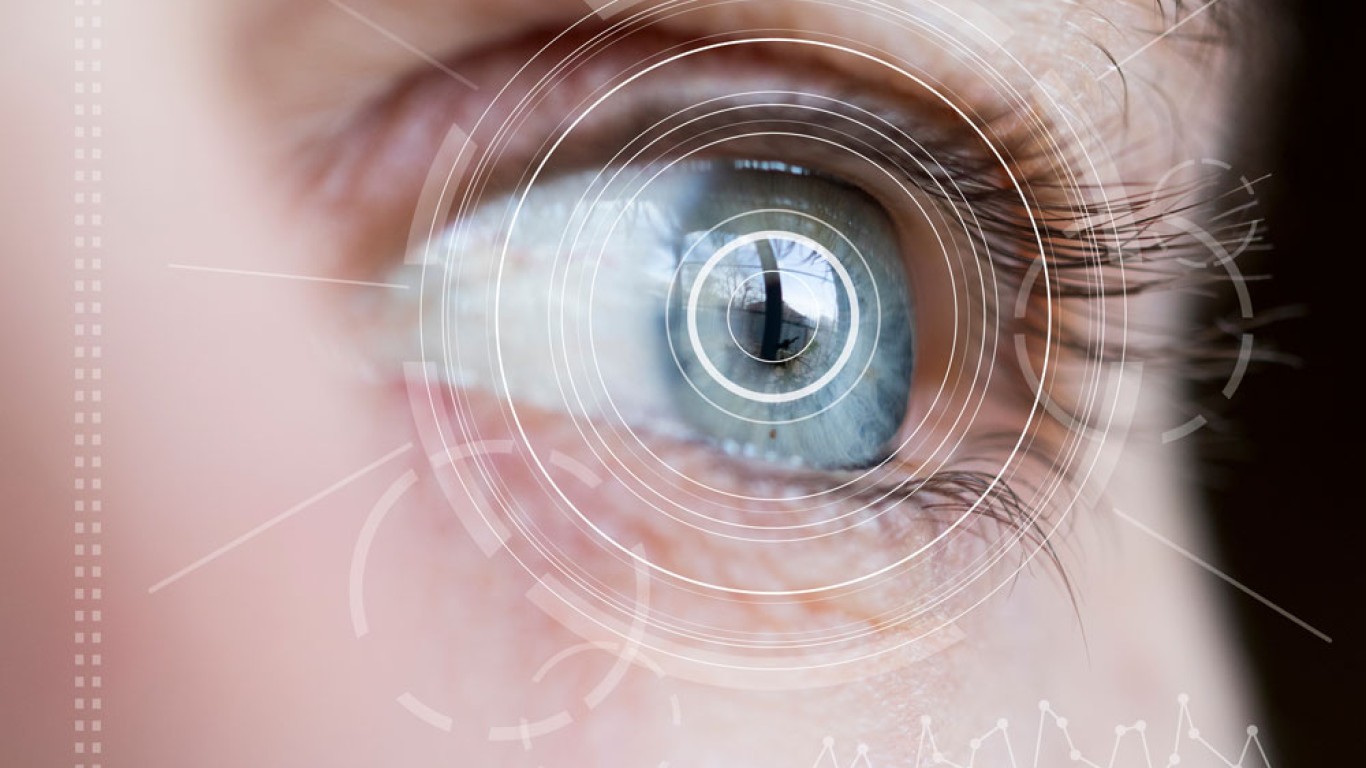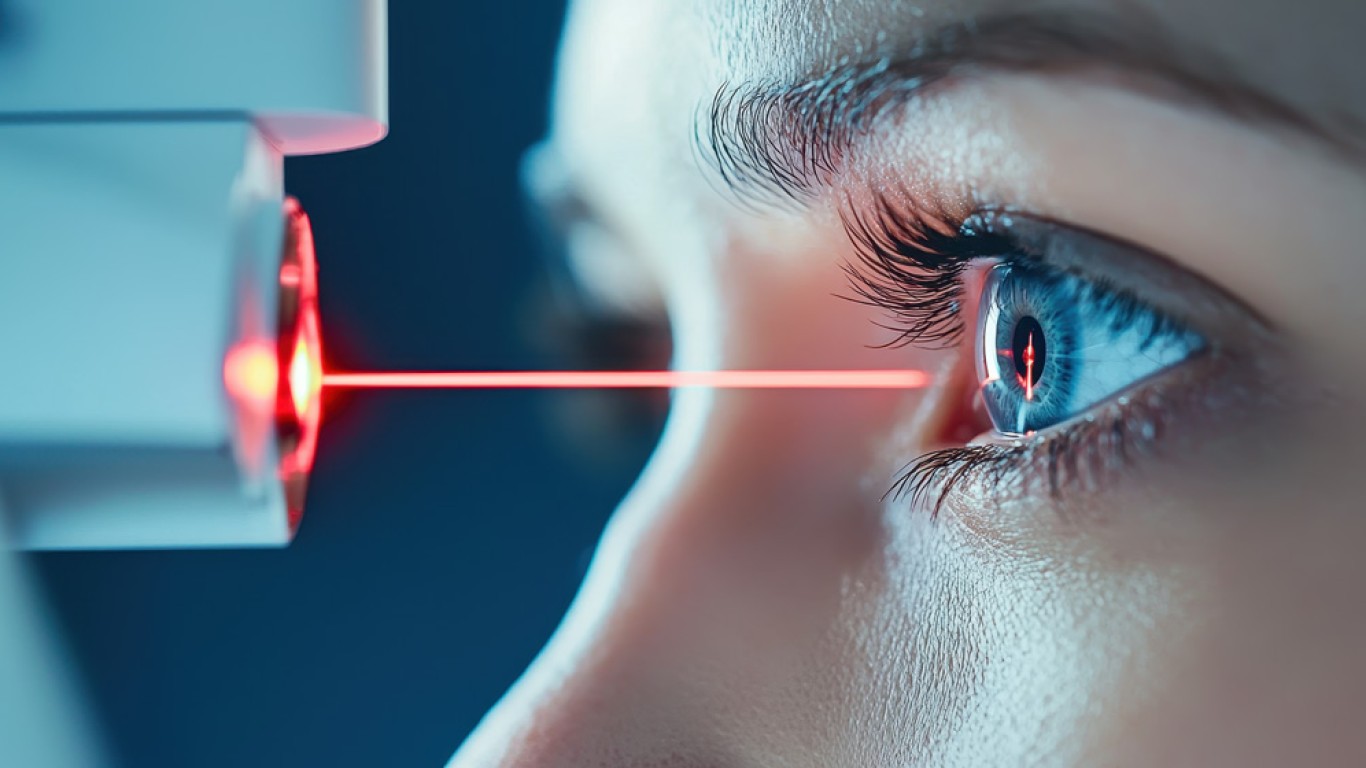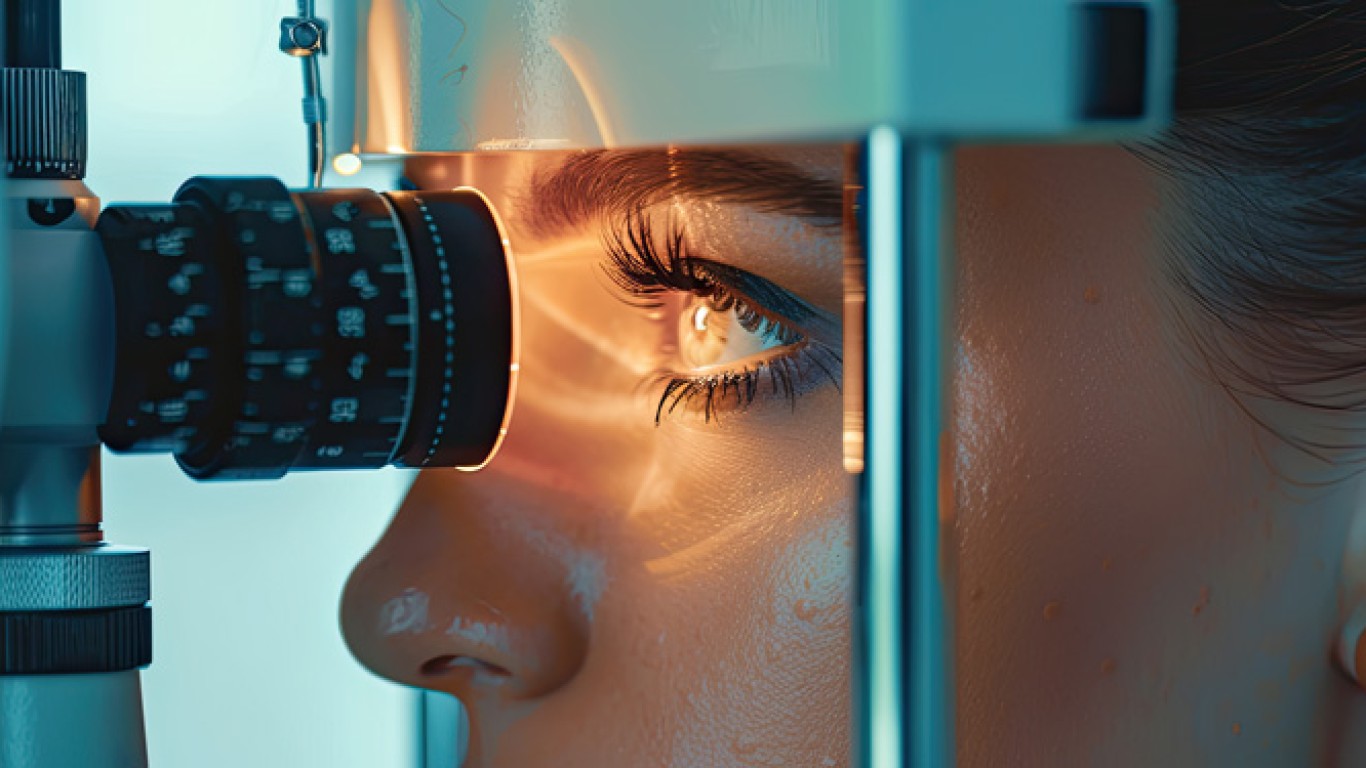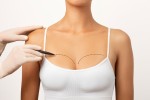Laser eye surgery offers life-changing results for many patients seeking clear vision without glasses. However, the recovery process is just as important as the procedure itself. Knowing what helps most during laser eye surgery recovery can improve comfort and support quicker healing. Understanding what to expect during recovery helps reduce stress. It also ensures that patients take the correct steps to protect their vision. This article outlines the top tips and habits to support a smoother recovery experience after your procedure.
Tips for Laser Eye Surgery Recovery:
1. Rest Is Crucial During the First 24–48 Hours
Your eyes need rest straight after surgery. This is the body’s natural way of beginning the healing process. During the first two days, avoid screens, reading, or any intense visual focus.Lie down in a darkened room when possible. Avoid bright lights or any activity that could strain your vision. Also, try to sleep with protective goggles if advised by your surgeon. Resting properly helps the cornea settle and heal without unnecessary irritation.
2. Use Prescribed Eye Drops Regularly
Eye drops play a vital role in laser eye surgery recovery. They reduce inflammation, prevent infection, and keep the eyes moist. Follow your surgeon’s instructions closely when it comes to the frequency and timing of these drops. Some may need to be used several times a day for a week or more. Never skip a dose, as dryness or infection could delay healing. Additionally, avoid touching the tip of the bottle to your eye. This prevents contamination and keeps the drops safe to use.
3. Protect Your Eyes from Irritants
Dust, smoke, and wind can irritate your eyes during recovery. Consequently, avoid areas with high air pollution or lots of airborne particles. When outdoors, wear sunglasses to shield your eyes from sun and wind exposure. This also helps with light sensitivity, which is common during the early recovery period. At home, keep your surroundings clean and smoke-free. Steer clear of areas where pets shed hair or where cleaning sprays are being used. Eye protection in the early stages makes a big difference.
4. For Laser Eye Surgery Recovery Avoid Swimming and Eye Makeup
Both swimming pools and makeup introduce bacteria and chemicals that may irritate healing eyes. Avoid swimming for at least two weeks unless your surgeon says otherwise. Chlorine and saltwater can increase the risk of infection and slow down the healing process. Similarly, do not wear eye makeup during the first week of your laser eye surgery recovery. Even small particles from mascara or eyeliner can interfere with healing and lead to discomfort.
5. Avoid Rubbing or Touching Your Eyes
This can be one of the hardest habits to break. However, rubbing your eyes can dislodge the healing flap created during surgery. If you experience itching, use the recommended lubricating drops to soothe the discomfort. Instead of touching your eyes directly, use a clean tissue to dab gently around the area if needed. Keep your hands clean and away from your face also reduces the risk of bacterial transfer and eye infection.
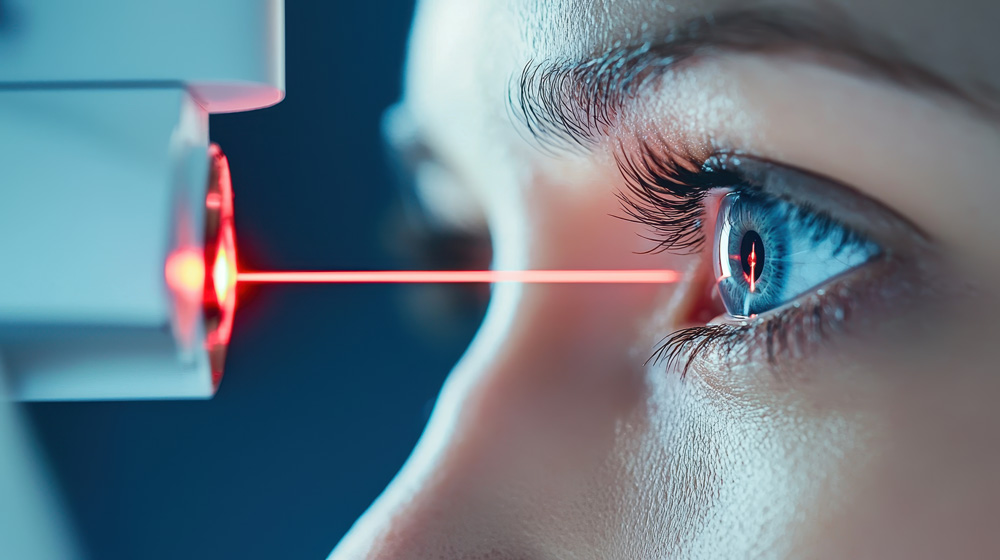
6. Follow All Post-Surgery Appointments
After surgery, follow-up appointments are essential to monitor your recovery progress. Your surgeon will check the healing and address any concerns. These visits help detect signs of delayed healing or dry eye syndrome early. Even if everything feels fine, never skip these appointments. They ensure your recovery stays on track and give you peace of mind.
7. Take a Break from Physical Activity
While light walking is acceptable after a few days, avoid intense workouts. Heavy lifting or cardio can increase eye pressure and delay healing. Additionally, sweat running into the eyes can cause stinging or irritation. If you do exercise, keep it low-intensity and short. Resume your usual routine only when your eye specialist confirms it's safe to do so.
8. Nutrition Plays a Role in Laser Eye Surgery Recovery
A healthy diet rich in vitamins A, C, and E can support eye health. These nutrients aid tissue repair and help maintain tear production. Include leafy greens, citrus fruits, nuts, and fish in your meals. Drinking enough water is equally important. Hydration keeps your eyes moist and supports a quicker recovery timeline. Good nutrition is often overlooked but can make a meaningful difference in your healing process.
9. Manage Screen Time Gradually
It’s tempting to resume work or check your phone soon after surgery. However, screen time can strain the eyes and cause dryness. Start by limiting screen use to short bursts. Use lubricating drops before and after screen exposure. Take frequent breaks following the 20-20-20 rule: every 20 minutes, look at something 20 feet away for 20 seconds. Gradually increase screen use over time, depending on your comfort level and surgeon’s advice.
10. Don’t Skip Night-Time Protection
Many clinics recommend wearing an eye shield or goggles while sleeping. This stops you from accidentally rubbing or bumping your eyes during the night. Night-time protection may only be needed for the first week, but it’s important not to skip it. If the flap shifts or the eye gets scratched, it could cause delays in recovery. Following this simple precaution can help you heal faster and more comfortably.
Conclusion
Laser eye surgery can dramatically improve your vision, but recovery takes care and patience. By following the tips above, you can support a smoother healing process. Proper rest, eye protection, nutrition, and aftercare are key factors in a positive outcome.
For more information on laser eye surgery procedures and to book a consultation visit the ACIBADEM Beauty Center Laser Eye Surgery webpage.
Frequently Asked Questions
Most patients experience noticeable healing in a few days. Full recovery can take several weeks.
Yes, blurry vision is common for a few days. It usually clears up as healing progresses.
It’s better to take at least two days off. More recovery time may be needed for screen-based jobs.
Usually, patients won’t need them after surgery. If required, ask your specialist after a few weeks.
Some patients may need enhancements. However, most achieve lasting results with a single procedure.


